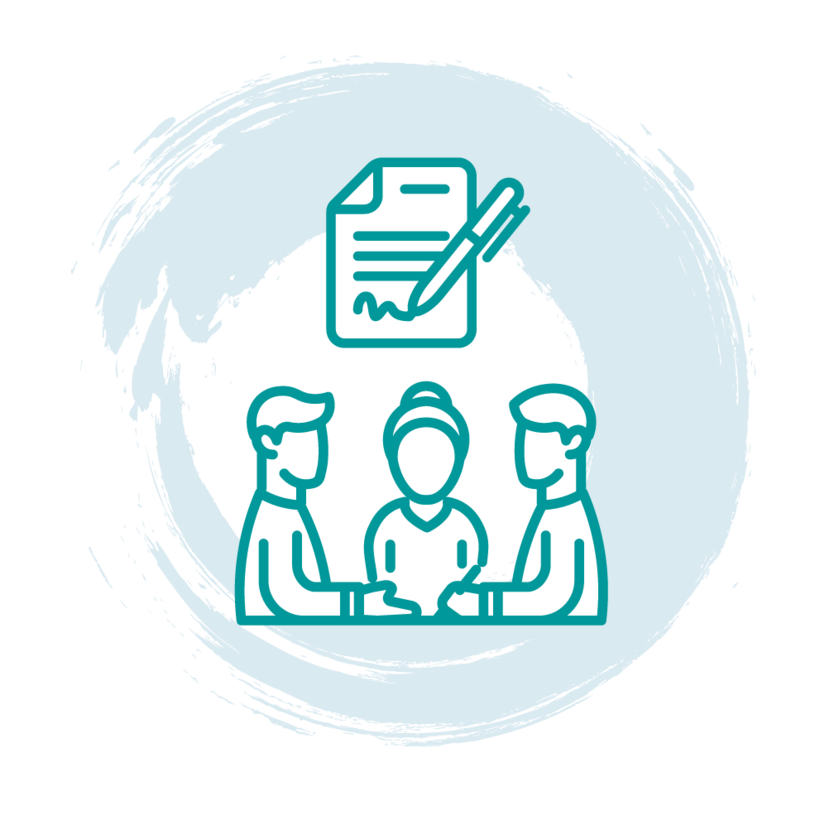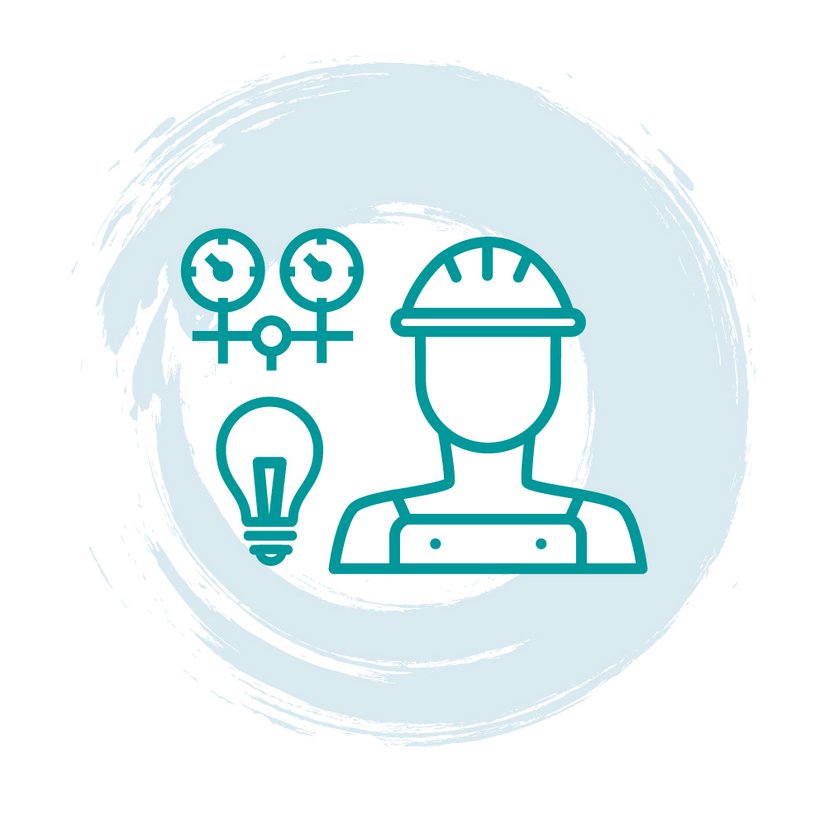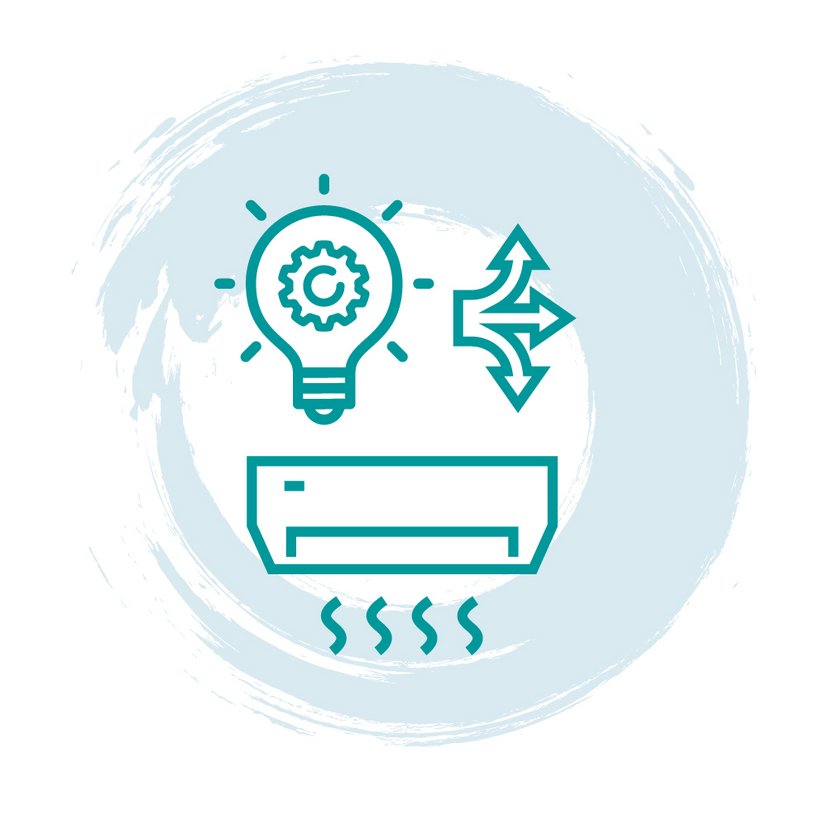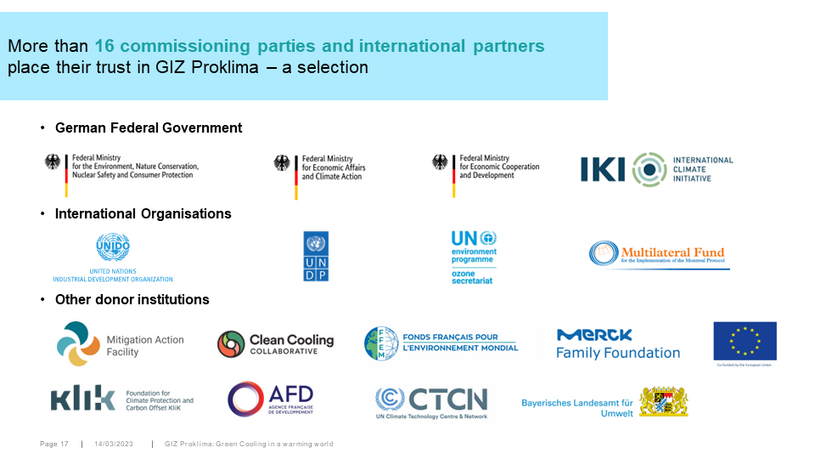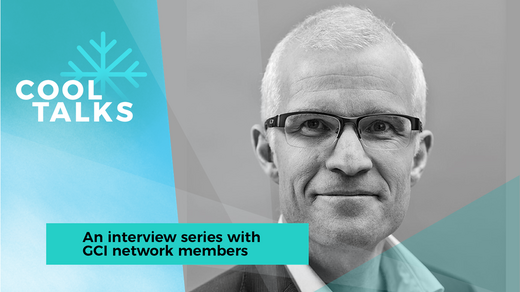For this Cool Talk, we have had the opportunity to interview Armin Hafner,
Professor in refrigeration technology at the Norwegian University of Science and Technology (NTNU). In 1995 he joined SINTEF, in this capacity as researcher he worked closely with NTNU on CO2, air conditioning and other refrigeration systems at that time. He became a professor at NTNU in 2016.
How does the RAC sector become more climate-friendly?
I think the key is the information provided to the end user. If the end user is aware of all the effects that fluorinated gasses have on climate and our health, they will easily decide. If they have the choice between a natural working fluid and the chemicals which are in these systems today, the end user will make a wise decision. However, it is up to the industry and the people. We need to inform, through different channels, that there are alternatives and that these alternatives are not dangerous. Instead, they are helping save money and save the climate and the environment. All in all, I think the biggest problem is the awareness of the end user using RAC systems. It is starting to increase but it is far from finished because people outside the refrigeration sector are not aware of the harm the fluorinated gasses are doing to the environment.
Speaking of safety: what would you say to people who think natural refrigerants are too risky to handle?
The risk mitigation depends very much on how to handle and how to design these kinds of systems. We cannot make any compromises on safety. One issue is the charge reduction, and we can do a lot of innovation by reducing the charge to the minimum required, which helps to mitigate the problem of safety. On the other hand, we know now how to handle these kinds of substances and then it doesn't make any difference if the substance contains fluorine or not. Most of them are nowadays flammable anyway.
So, we need to do this in a very careful and safe manner. This is the way to handle it. And that's why training and knowledge transfer towards the people doing the service are of vital importance. That will help to avoid accidents within this in the service sector. That is part of the global effort nowadays, to help to transfer this knowledge also to the service sector. I always tell the end users to have a look at the safety data sheet and then do a risk assessment themselves. Furthermore, there must be a way to train architects and designers of buildings to comply with these rules, but also to understand that in the future maybe a machine room should not be in the middle of the building, but that it's better to put it outside. I am sure it will come and I am pretty sure we will develop and have safe systems applying natural fluids.
What can you tell our readers about any project you are working on in the global South?
We have some ongoing projects supported by the Ministry of Foreign Affairs in Norway. One of them is a project in India which is supported via the Royal Norwegian Embassy in New Delhi, where we help vendors in India to develop systems with natural working fluids. India is a country with relatively high ambient temperatures in many regions. But we are focusing not on the building sector in the first stage because we already see that others have developed R290 air conditioning systems for that market sector. So that sector is ready if the government is willing and able to help them. This because the upfront costs of these systems are a bit higher until large scale production is in place.
Furthermore, we are focusing on industry because industry is very much aware of what is going on globally. For example, in the food industry we advise to go for ammonia and CO2 when processing the food products. It is a first step. We also help vendors to produce on-board R290 based ice machines for small fishing vessels. So that they can keep the quality of the fish and that if they run out of ice, they can produce the ice on board in a sustainable manner.
What is very important in these projects is that we are not bringing in technology or ready-made systems from our part of the world. We help the local vendors to design, to develop, to build, to commission, and to make the contract with the end user, themselves. Because then for future years, they will know how to do it. It is not just a box where they push a button. Knowledge transfer is valuable when they have designed it themselves and they understood how to do this. I also expect that some of these companies will be suppliers on a global market, which is important, because we see that in Europe there is not enough capacity to produce all the heat pumps required in the transition towards 2030 and beyond. I expect some of the Indian players may even produce clean cooling and heat pumping system for Europe.
And that is why India should try to leapfrog and apply natural refrigerants from now on in new applications. It does not make sense to continue with these fluorinated fluids or even build up production facilities for units not utilizing a natural working fluid. That would be a missed opportunity in my opinion.
What kind of obstacles would you potentially perceive for green cooling technologies in the global south at the moment?
An obstacle is, of course, if big players start donating HFC based systems and argue that they are very safe to use and so on. Therefore, we need to convince the end user, the local people, that this is not the way to go, if you want them to be part of the green transition.
I believe green cooling is nice, but clean cooling is even better as ‘green’ is misused many times. Ultimately it is all about communication and explain the pros and cons of the different fluids and the possibilities. And then for most of them, it is obvious what to continue with.
This leads us to the last question, what would an ideal cooling sector look like in the future for you?
The cooling sector will survive and grow a lot soon, and nobody will lose a job, even if all new system apply natural working fluids from 2030. The transition towards using naturals must happen, but it must happen smoothly, because we cannot change everything from one day to the other, maintenance of existing equipment will continue for decades. However, I believe the RAC sector can support the transition as fast as possible because new systems that do not use natural refrigerants should be forbidden. My wish is to get this into national legislations, that the specifications for new systems must be very strict. We see an uptake of natural working fluid systems because they are competitive and more energy efficient and, not unimportantly, safe to use. The end user ultimately holds the key. But they will decide to move in this direction as the economic benefits are also in place. I am convinced of that.

